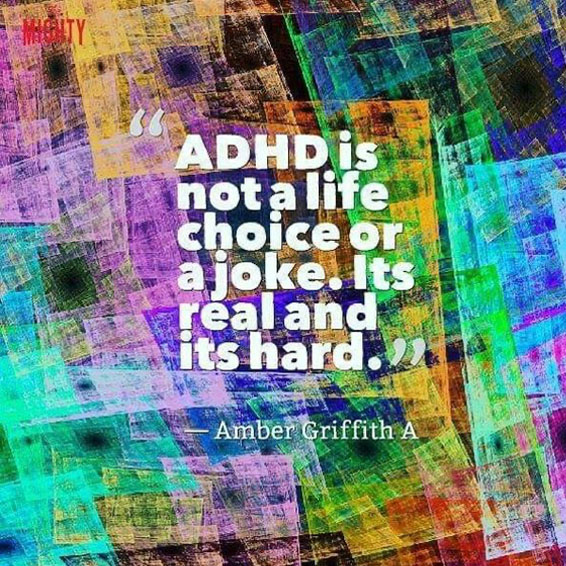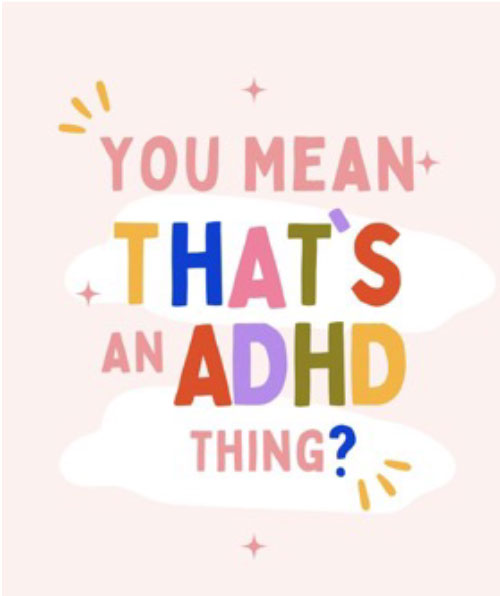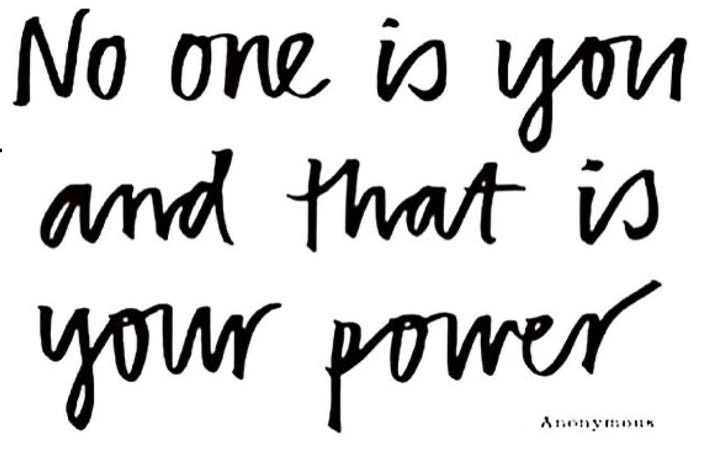What is ADHD?
1. What exactly is ADHD?
“Attention Deficit Hyperactivity Disorder” or ADHD is a change in metabolism in the brain (dopamine and noradrenaline). It is influenced by both genetically and environmental factors.
People with ADHD process stimuli differently, which means they perceive their environment differently and react to it differently. Unfortunately, many aspects of ADHD, its causes and effects have not yet been conclusively researched and remain the the object of studies.
Doctors speak of ADHD as an organic disorder, while psychologists and educators tend to assume a psychological disorder as a reaction to family and social stress that causes illness. Officially, ADHD is now considered a “psychiatric disorder”.
Contrary to previous assumptions, ADHD does not “grow out” with puberty. At least 25% of children and adolescents with ADHD take it with them into adulthood, the number of unreported cases is even higher.
Many people suffer from it because it has not been recognized especially women, as ADHD symptoms in girls are usually very different from those of boys.
ADHD can make you ill (so-called “comorbidity” such as depression or anxiety disorder) if you don’t understand it and don’t know how to deal with it. ADHD manifests itself differently from person to person. The symptoms can put a strain on school and work, as well as friendships and relationships.
However, by now there is really good diagnostics, help and prospects for positive change.
2. Symptoms of ADHD – The great and the Not so great
People with ADHD exhibit the most typical symptoms to varying degrees, but there are certainly a few more. Here are the most common ones:

ADHD is not a life choice or a joke. It’s real and it’s hard.
Amber Griffith
Stengths
Creative
Sensitive
Imaginative
Spontaneous
Helpful to others
Out-of-the-box thinking
Challenges
Disorganized behavior
Lack of attention
Impulsiveness
Restlessness / Hyperactivity
Procrastination
Mood swings / Overwhelm

People with ADHD have often felt “different” from an early age and have suffered many negative comments. “Just sit still!”, “Just listen!” or – the classic – “Just concentrate!” are the most common. Wanting to be “normal” and feeling that you are failing can lead to problems such as depression, anxiety and other disorders that often go hand in hand with undiagnosed ADHD.
3. Diagnosis
More and more adults want a good diagnosis to confirm their suspicion of ADHD. A reliable diagnosis should therefore be made as part of a differentiated diagnosis by specialists in this field. Medically sound diagnoses are made, for example, by neurologists/psychiatrists, psychotherapists and alternative practitioners for psychotherapy who are familiar with ADHD.
The diagnosis includes personal, family and external interviews, physical and neurological examinations and tests of physical abilities. If necessary, visual and auditory senses are also tested as well as brain function and blood values.
On the internet, you are most likely to find therapists or doctors who diagnose ADHD in adults. There is the ADHD outpatient clinic of the Charité in Berlin or self-help groups such as ADHS Deutschland e.V.
However, demand is currently very high and it can take several months to get an initial appointment for diagnosis or therapy. In this case, ADHD coaching can help with acute problem situations.
4. Medication – Yes or No?
This question strongly depends on how much the person suffers from the symptoms, what opinion they have and how the body reacts to the medication and its active ingredients. The most common medication is called Ritalin and is based on the active ingredient methylphenidate. However, there are several others based on other active ingredients. Not every medication is suitable for everyone; it often takes several months to find the right medication in the right dose.
Pros
Reduces the risk of accidental injuries
Reduces the risk of substance abuse (drugs)
Methylphenidate harmless as long-term therapy
Targeted treatment at the dopamine receptors
Cons
Sleep disorders
Increased blood pressure
Intervention in the brain of children
Feeling of “blinkers”
Environment not taken into account
It is good that these drugs are available because they really are a great help for many people. However, experience also shows that not every person with ADHD needs medication – there are countless examples of successful people with ADHD who do not take any.
5. What Now?
Many wish to “get rid“ of their ADHD. This is understandable when you consider that they have been suffering from the symptoms for a long time and have often felt that they are “different” and even “wrong”. But ADHD doesn’t just go away. There is no therapy or training that you can use to change your own predisposition.
But you can start to look at your abilities, learn more and build on your strengths.
Coaching with me can help you do this, for example:
- better understand ADHD in your body (grasp it)
- look at your own symptoms – perceived as both positive and negative (own it)
- find strategies that individually support you in life (keep it)
ADHD – grasp it, own it, keep it! I will be happy to explain how this works in a free preliminary talk.
„What has become of you? Me – finally me!“ – unknown
„You’re only given a little spark of madness. You mustn’t lose it..“
Robin Williams, Actor and comedian
